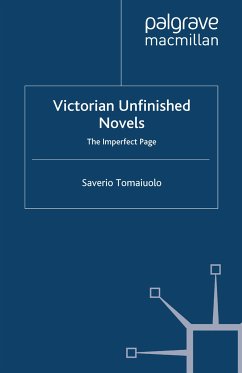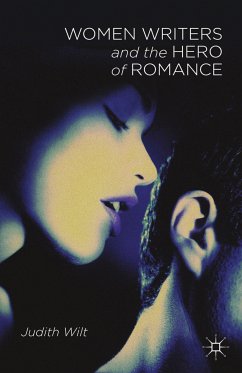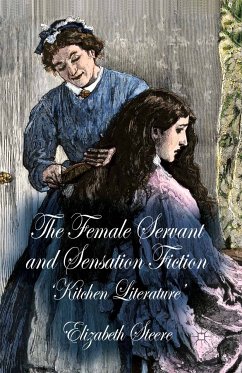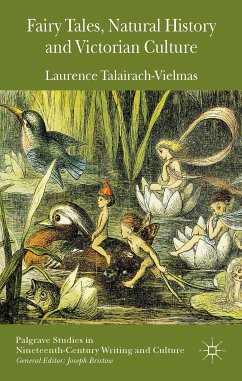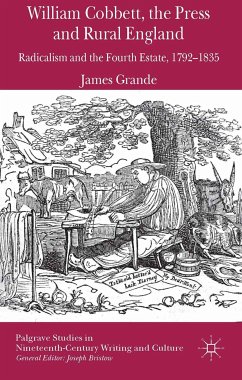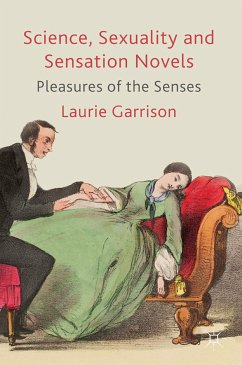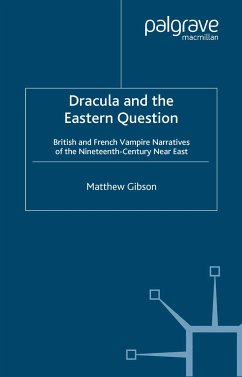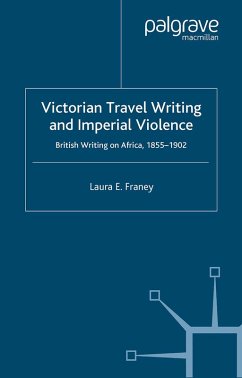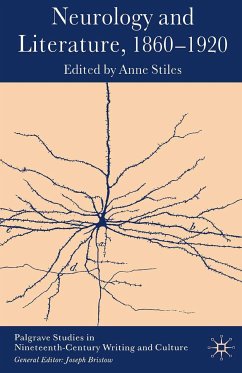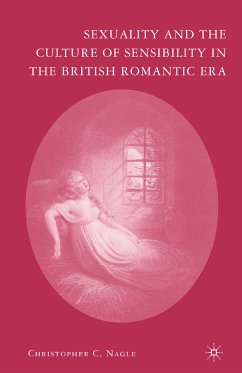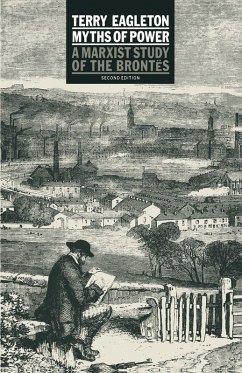
Myths of Power (eBook, PDF)
A Marxist Study of the Brontës
Versandkostenfrei!
Sofort per Download lieferbar
112,95 €
inkl. MwSt.
Weitere Ausgaben:

PAYBACK Punkte
56 °P sammeln!
`...a valuable book for anyone wanting to move beyond critical pieties to an understanding of the relation between the Brontes' work and their society. Dr Eagleton asks questions which ought be asked.' Juliet Dusinberre, Notes and Queries `...this is a book of real stature, of cogent and steely argument and analysis....' Adrian Poole, Cambridge Review. This widely acclaimed Marxist study of the Brontes is now available in paperback. In this second edition a new introduction has been added.
Dieser Download kann aus rechtlichen Gründen nur mit Rechnungsadresse in A, B, BG, CY, CZ, D, DK, EW, E, FIN, F, GR, HR, H, IRL, I, LT, L, LR, M, NL, PL, P, R, S, SLO, SK ausgeliefert werden.



